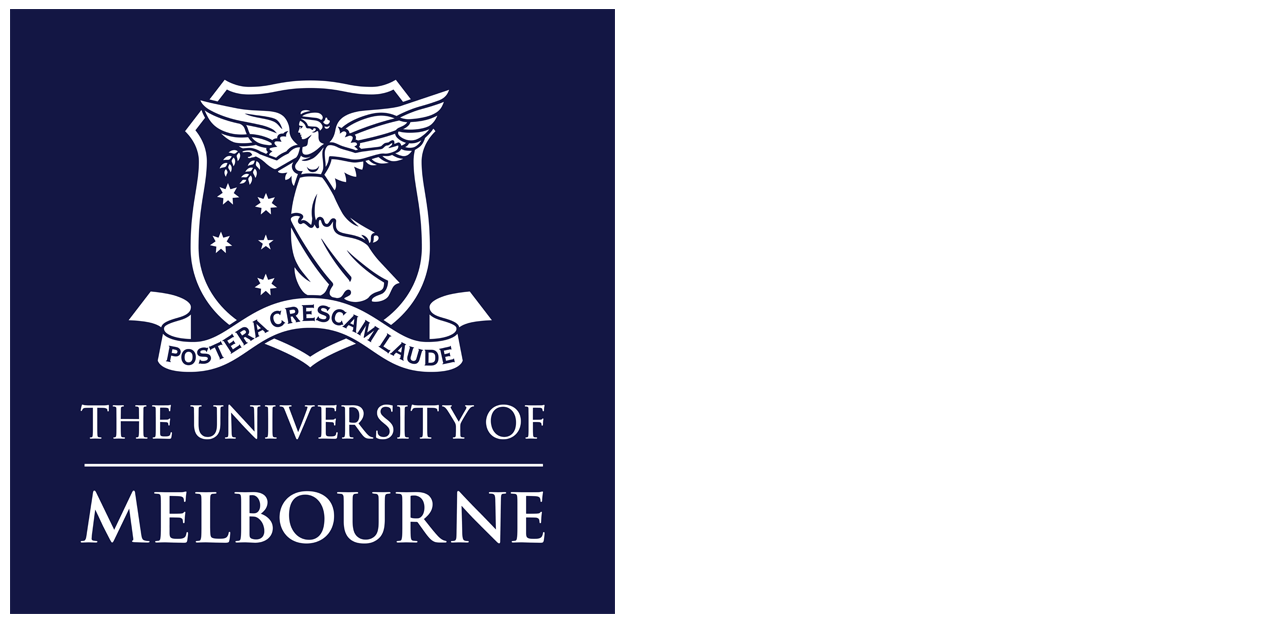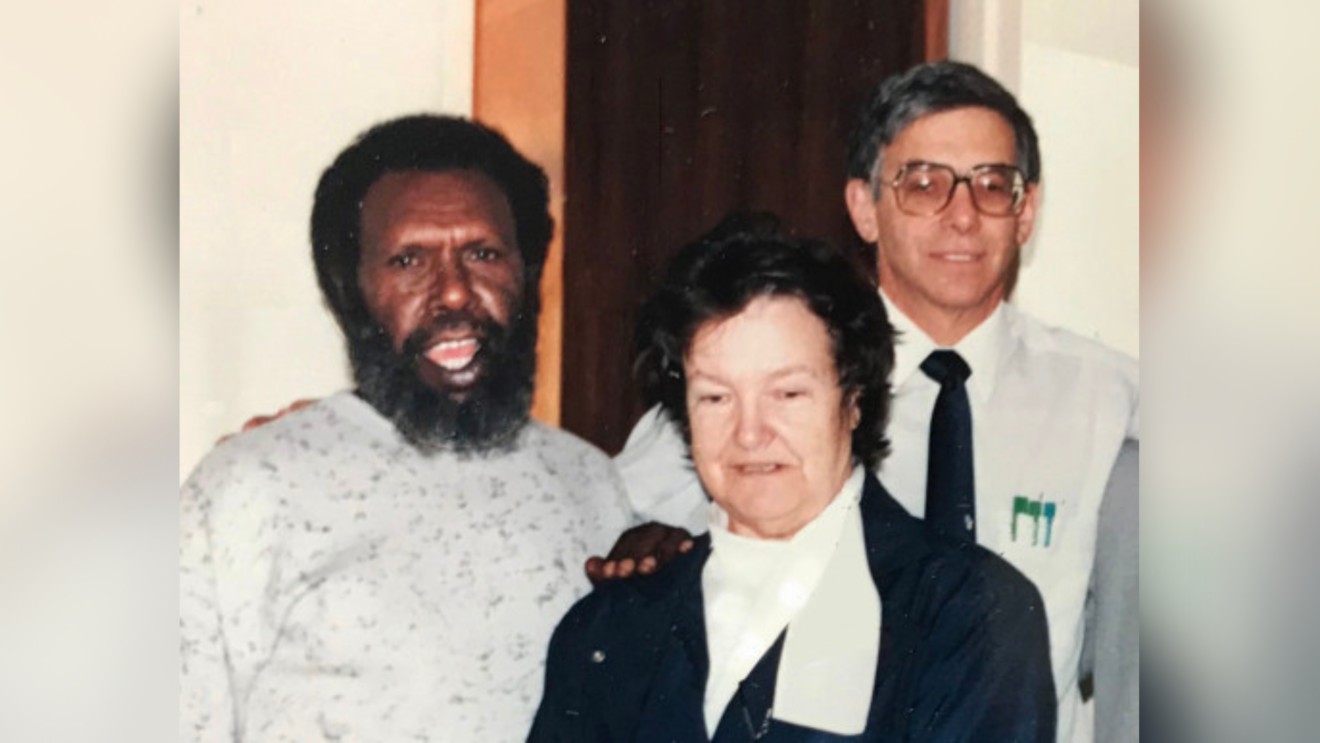


On International Women’s Day, 8th March, Melbourne Law School will be hosting a public talk by Emerita Professor Jenny Hocking, of Monash University titled “My mother, Mabo, and me: “Setting the law to rights”. Jenny has been jointly invited as the IWD speaker by Diversity and Inclusion Associate Dean, Prof. Ann Genovese, and Dr Eddie Cubillo, Associate Dean & Senior Research Fellow (Indigenous Programs), Director of the Indigenous Law and Justice Hub.
This is a hybrid event, you are welcome to join in person or online.
Abstract:
My mother, Barbara Hocking, was an immense influence in my life. She was strong, determined and, as a legal scholar and barrister, a passionate believer in the law and the capacity of the law as a protector and a driver of progress, justice and equity. In 1981 Barbara Hocking was the first barrister briefed in the Mabo case.
‘Setting the law to rights’ was a phrase she often used to describe her conviction, not one widely shared by other legal theorists at the time, that the common law if applied correctly could and should recognise native title. This was the central argument of her 1971 LLM thesis at Monash University, Aboriginal Land Rights: An Australian Injustice, her major publication International Law and Aboriginal Human Rights, and numerous other publications in books, articles, and chapters over decades. It was, she told me, her life’s work.
That work was presented at the famous Townsville Conference at James Cook University in 1981, organised by the Townsville Treaty Committee, Eddie Koiki Mabo and Henry Reynolds, and the JCU student union, and which became a defining moment in the struggle for legal recognition of native title. My mother’s paper was called ‘Is might right? An argument for the recognition of traditional Aboriginal title to land in the Australian courts’.
As James Cook University’s ‘Eddie Koiki Mabo Timeline’ describes, Barbara’s paper ‘essentially set out a legal framework for the case to come’. And yet her name is frequently overlooked in connection with that great legal victory. Like so many other women in history, hers is an often forgotten story and I am acutely and increasingly aware of that occlusion, its subtleties and patterns, and its implications.
My mother’s influence on me was profound. The interdisciplinarity of my own research, at the intersection of politics, history and law, reflects her conceptual breadth and her scholarship as both theory and practice. This was never more apparent to me than in 2016 when I commenced legal action against the National Archives of Australia seeking the release of the secret ‘Palace letters’ between the Queen and the Governor-General, Sir John Kerr, regarding Kerr’s dismissal of the Whitlam government.
In 2020 the High Court of Australia found in my favour in a 6:1 decision, overturning the Queen’s embargo and ending the long-standing presumption of royal secrecy over our archival records. The Palace letters were released in full on 14 July 2020. The revelation of the Queen’s involvement in Kerr’s decision has transformed the history of the dismissal.
Professor Jenny Hocking AM FASSA
is an award-winning author, Emeritus Professor at Monash University, Fellow of the Academy of Social Sciences in Australia, and inaugural Distinguished Whitlam Fellow at the Whitlam Institute, Western Sydney University. She is the author of numerous books including the acclaimed two-volume biography of Gough Whitlam, short-listed for several major literary awards including the Prime Minister’s Literary Awards, The Age Book of the Year and the National Biography Award, and winner of the Fellowship of Australian Writers’ Barbara Ramsden Award.